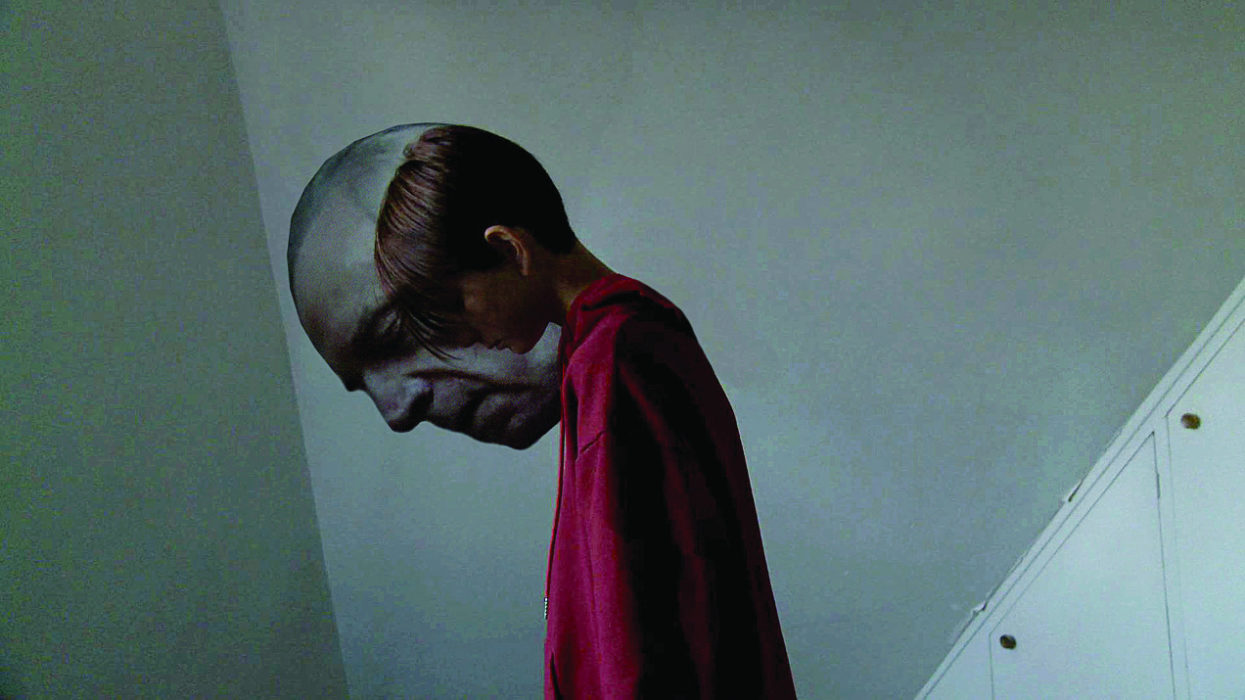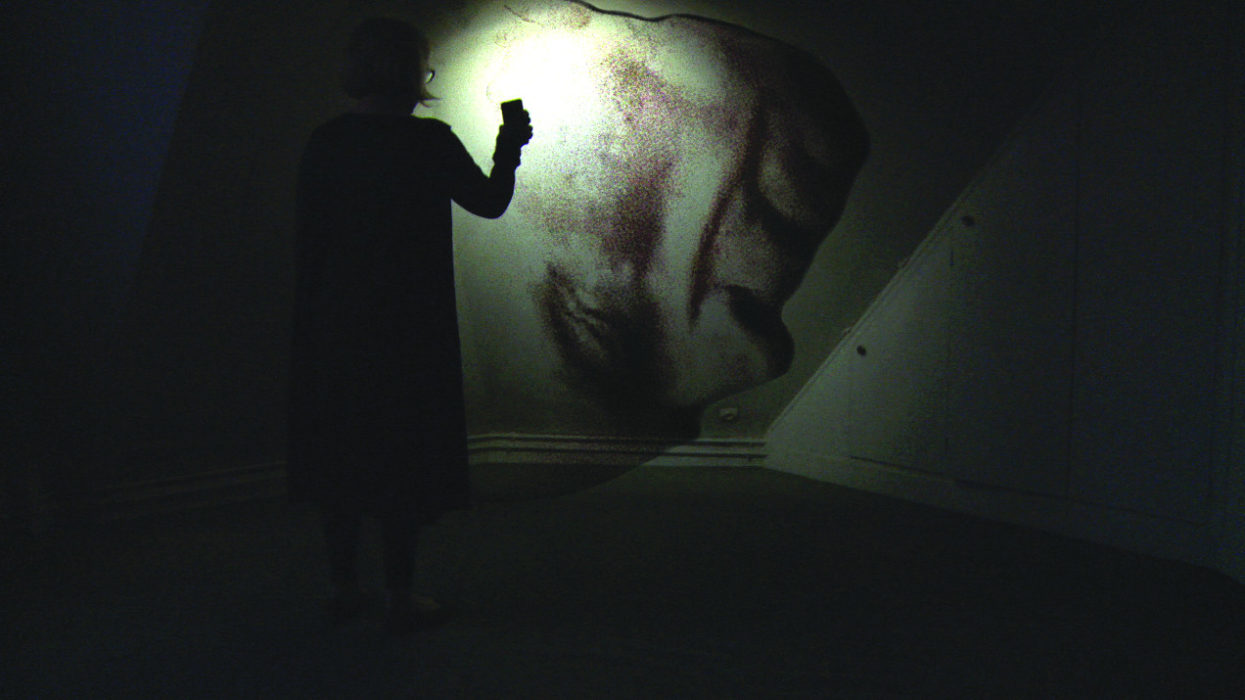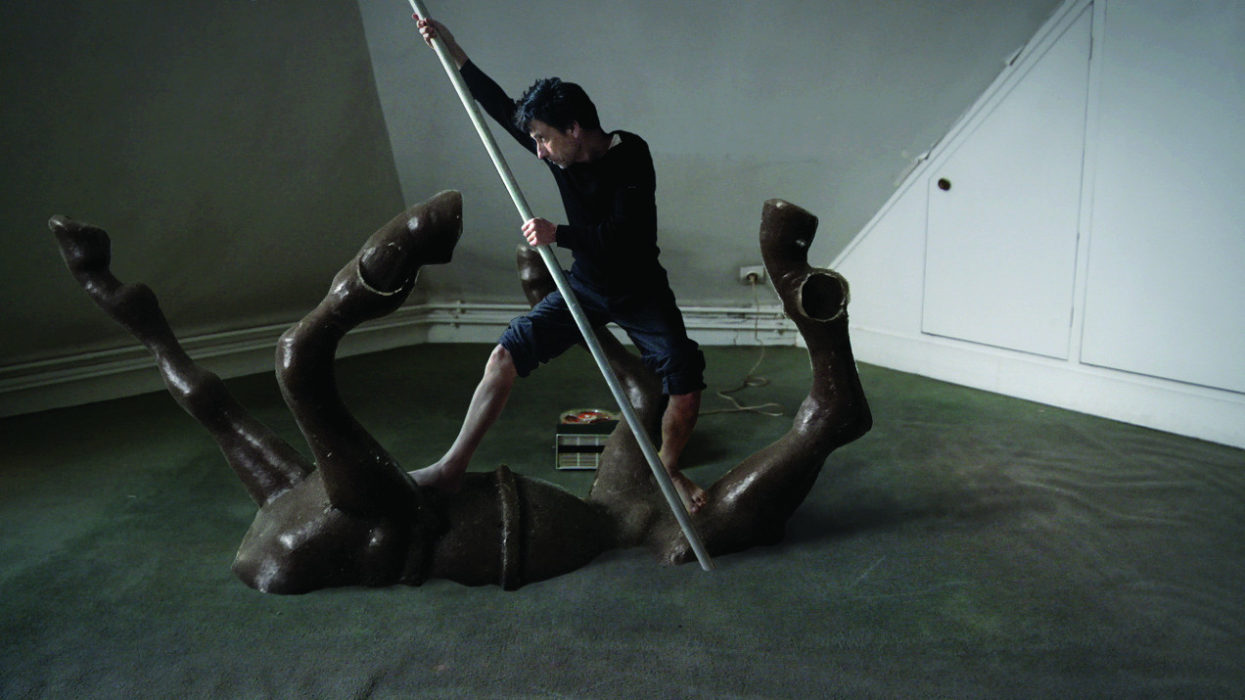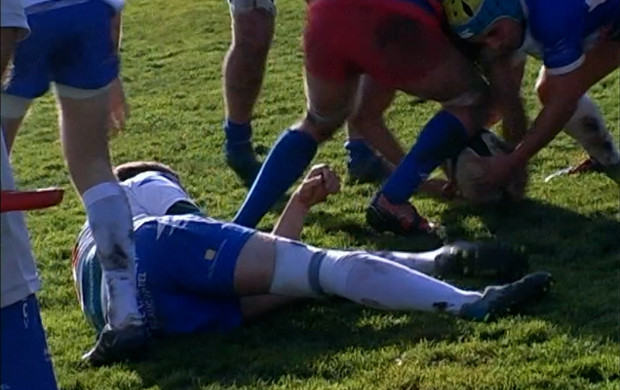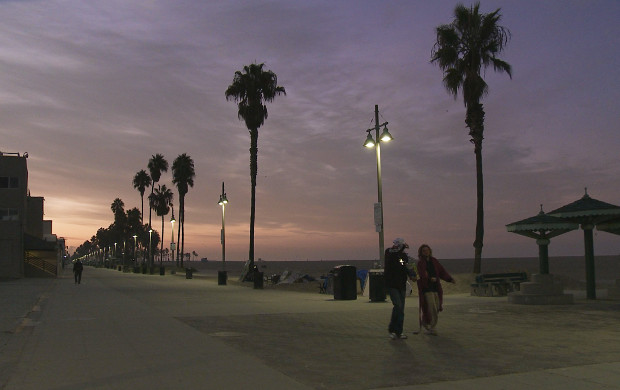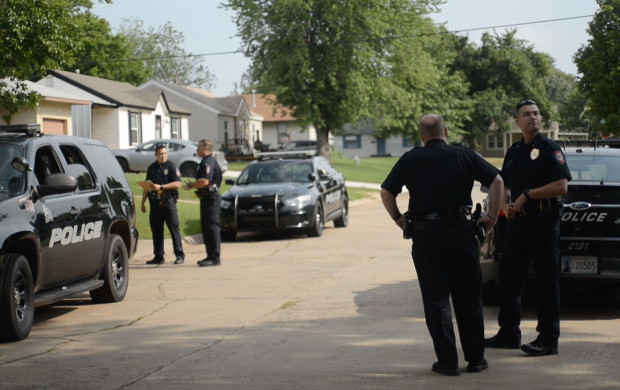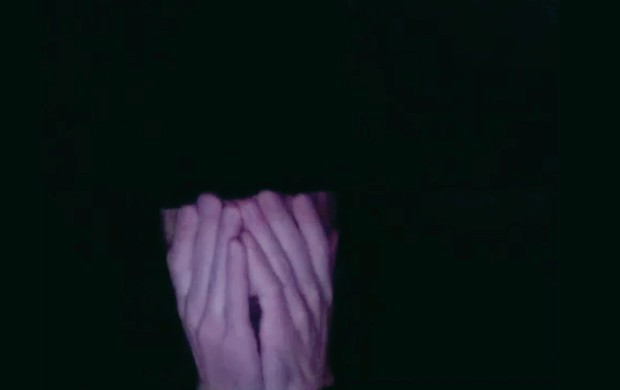L’État des lieux sera dressé à onze heures en présence de la femme du poète
- 2021
- France
- 62 min
INSTITUT FRANÇAIS LOUIS MARCORELLES AWARD
Poet and radio producer Franck Venaille’s study is being emptied. Micha Venaille and Martin Verdet find in it many recording of his voice. The place becomes a stage of all that is never done in a dead man’s room.
A film “without Franck Venaille”, as the opening credits forewarn, given that the poet died three years ago and the film’s only set is the room, half-office half-bedroom, where he worked and which is being emptied of his affairs, now transformed by death into archives. It is a paradoxical warning which, in fact, announces that the film on Franck Venaille, L’état des lieux, plays out as much without him as with him. In other words, as the film’s synopsis announces, it does “all that is never done in a dead man’s room”: a session of phantasmagoria. As, most certainly, the poet is present, living, a ghost, in the very same room where Martin Verdet filmed him five years earlier, on the narrow bed with a geometrical plaid cover and surrounded by oblique walls reminiscent of a chapel, or a decor by Robert Wiene. He is brought back by the seamless and invisible editing to listen to his wife, Micha, or to Martin Verdet himself, who are sorting photos, discarding, keeping, glancing through texts or hearing his voice on a magnetic tape. This truly magical and frankly audacious gesture is deeply moving in that it constantly does away with the impression that what is being built there is a mausoleum. The fragments assembled by the film, the chimeras it conjures up, are rather a way of making everything speak the poet’s language – and, above all, as Micha so clearly sums up, of reminding us that an archive, as long as it is being handled, is actually life rather than the image of death.
Jérôme Momcilovic
- Production : La Traverse (Gaël Teicher), Antropy
- Cinematography, editing : Martin Verdet
- Sound : Martin Verdet, Philippe Grivel
